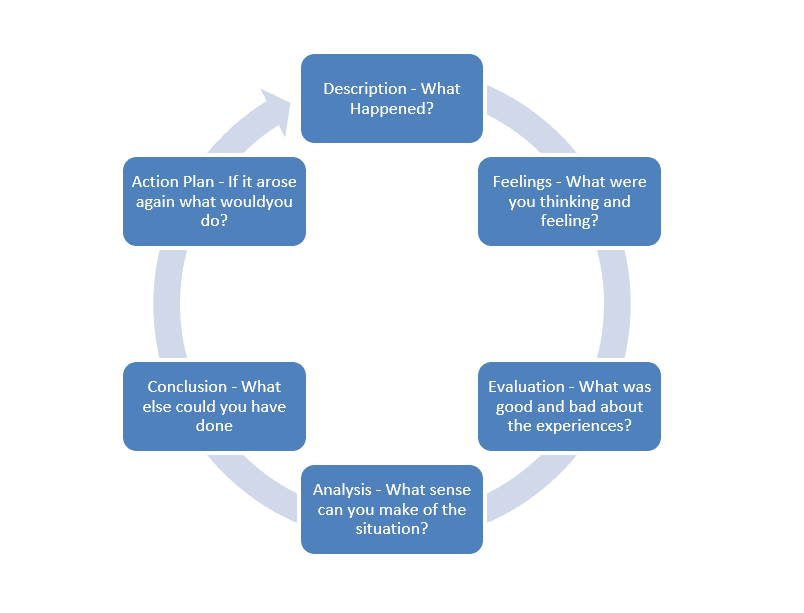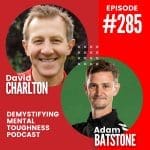
Sports Psychology Tips: How to Reach Your Full Potential – Part Three
Make this year, your best year yet!
In my previous posts – How to achieve your full potential – Part One and How to unleash your full potential – Part Two I shared 6 reasons why you may not achieve your goals and ambitions. This post wraps up this mini-series with another 3 traps that many athletes and coaches fall into.
I’d encourage you to NOT
- Fail to take ownership of your success
- Ignore understanding why you play or coach
- Get caught up doubting yourself
- Find excuses for not getting started
- Channel your energy towards the wrong goals
- Mix with people who you regard as unsuccessful
Don’t aim for perfection!
Yes, you did read that right – don’t aim for perfection! Many athletes do so whether that be to perfect free kicks in football, perfect the golf swing, perfect the serve in tennis, perfect the game in rugby and so on. They also often hear, read and are told – working hard is the key to success. What some athletes then do is work hard, very hard, too hard even, repeating moves, kicks or shots and this leads them to chasing perfection – potentially dooming them to failure.
So let’s look deeper into what perfection is.
Being perfect at penalties suggests you’ll always hit it exactly where you want to and at the pace you’d like to. Or if you’re a cyclist you’ll always complete races in the times that you want. Being machine like or flawless. How realistic is that! Seeking perfection at a particular skill may seem achievable in the moment – however, if I were you, I’d consider the last time or how often 2 shots, strikes or matches were exactly the same.
Your goal should be to embrace imperfection as an athlete. Yes work hard, work damn hard but consider what being adaptable is in your sport.
When doing extra training in football on crossing, it may mean crossing the ball on the run, with your right foot – looking to hit the back post. Then trying a low cross from a different part of the pitch. In golf, it could be practising to hole a 3 foot putt to one hole on the putting green, then moving to another hole where you’re faced with a 20 footer.
The point being 2 plays, shots or strokes in lots of sports are rarely ever the same, so work from different starting positions and to a range of targets, never repeating the same skill twice.
Supporting athletes who are plagued with the need to be perfect is a huge element of my work. Often it disguises their insecurity and lack of trust in their training or skillset. It then becomes a statement saying “I’m not good enough the way I am” – when you do that you judge yourself and put yourself down.
It can be very difficult in sport because athletes are often told they must keep working to get better, which feeds into the perfectionist trap. If these words resonate with you – I’d encourage you to take the emotion out of those words and ask yourself another question instead: “What can I do better?” alongside, “What can I do differently?”. That way you may just avoid the perfectionist trap.
Don’t spend too much time in the past or too far in the future
By training yourself to achieve a present moment mindset, you will become an expert at focusing on the process.
How do I focus on the process?
Firstly, you need to identify process goals and direct your attention or your team’s attention towards them. Process goals are built around the execution of technical skills, tactical or strategic aspects of your sport. These type of goals you or your teammates have complete control over.
Examples of process goals:
Sport | Process Goal |
Boxing | Having an energetic warm up |
Cycling | Conserving energy by drafting |
Football | Communicating clearly with team-mates regardless |
Golf | Staying present between shots |
Gymnastics | Remaining calm through out the performance |
Kick boxing | Displaying powerful and intimidating body |
Motor Sport | Racing freely with trust |
Rugby | Being dominant in the tackle |
Snooker | Ensuring that you are well rested the night |
Swimming | Finishing a race strongly |
Triathlon | Being aggressive at the start of the race |
Can I measure process goals?
You could then rate yourself out of 10 for your process goals for a number of weeks to ensure that you get better at this skill. I’d recommend you do not get carried away and choose anymore than 3 process goals at any one time.
Spend time reflecting on your most recent performance or week
The pace of life and the number of distractions that people have because of technology today means that the art of reflecting is dying. If you are an athlete or a coach who doesn’t write down your thoughts about the happenings in your life and sport – start today and do it regularly – it is an essential skill if you’re are going to reach your potential. It will also help you unclutter your mind if you are feeling additional stresses and pressures.
Take a few minutes to look at this diagram (Gibbs Reflective Cycle 1988) which describes the reflective process to help you understand how to reflect more effectively:

7 Reasons why you should reflect regularly
- You will grow personally
- You will explore and understand yourself more
- You give yourself a better chance to be the best version of you
- It will help clear you mind
- You will become better at working through mental blocks that impact your performance
- You will become more precise about your thoughts in life and when you perform
- You are more likely to be happier and enjoy your life and sport
By making reflecting a habit when you hit setbacks, which inevitably happen in sport and life, you’ll be better able to structure your thoughts and experiences. This structure will then help you to keep things in perspective and solve challenges more easily.
If you enjoyed reading the 3 blogs:
How to Achieve Your Full Potential – Part One.
How to Unleash Your Full Potential – Part Two.
How to Reach Your Full Potential – Part Three.
Feel free to share them to friends or team-mates or sign up to “The Mental Edge” to give yourself the best chance of achieving your goals and ambitions – quickly.

Best Wishes
David Charlton
Global Sports Psychologist who is located near Newcastle Upon Tyne, UK and willing to travel Internationally. David also uses online video conferencing software (Zoom, Facetime, WhatsApp) on a regular basis and has clients who he has supported in USA, Canada, South America, UAE, Australian and New Zealand.
Managing Director – Inspiring Sporting Excellence and Founder of The Sports Psychology Hub. With over 10 years experience supporting athletes, coaches, parents and teams to achieve their goals, quickly.
T: +44 7734 697769
Search Our Sports Psychology Website
Popular Categories
"The Mental Edge"
Are you an athlete, coach or parent that would like to learn how to create sustainable high performance?
Receive our free regular emails, where I share proven Sports Psychology and High Performance tips and strategies.
If you want some support and motivation straight to your inbox, then fill in your details below.







